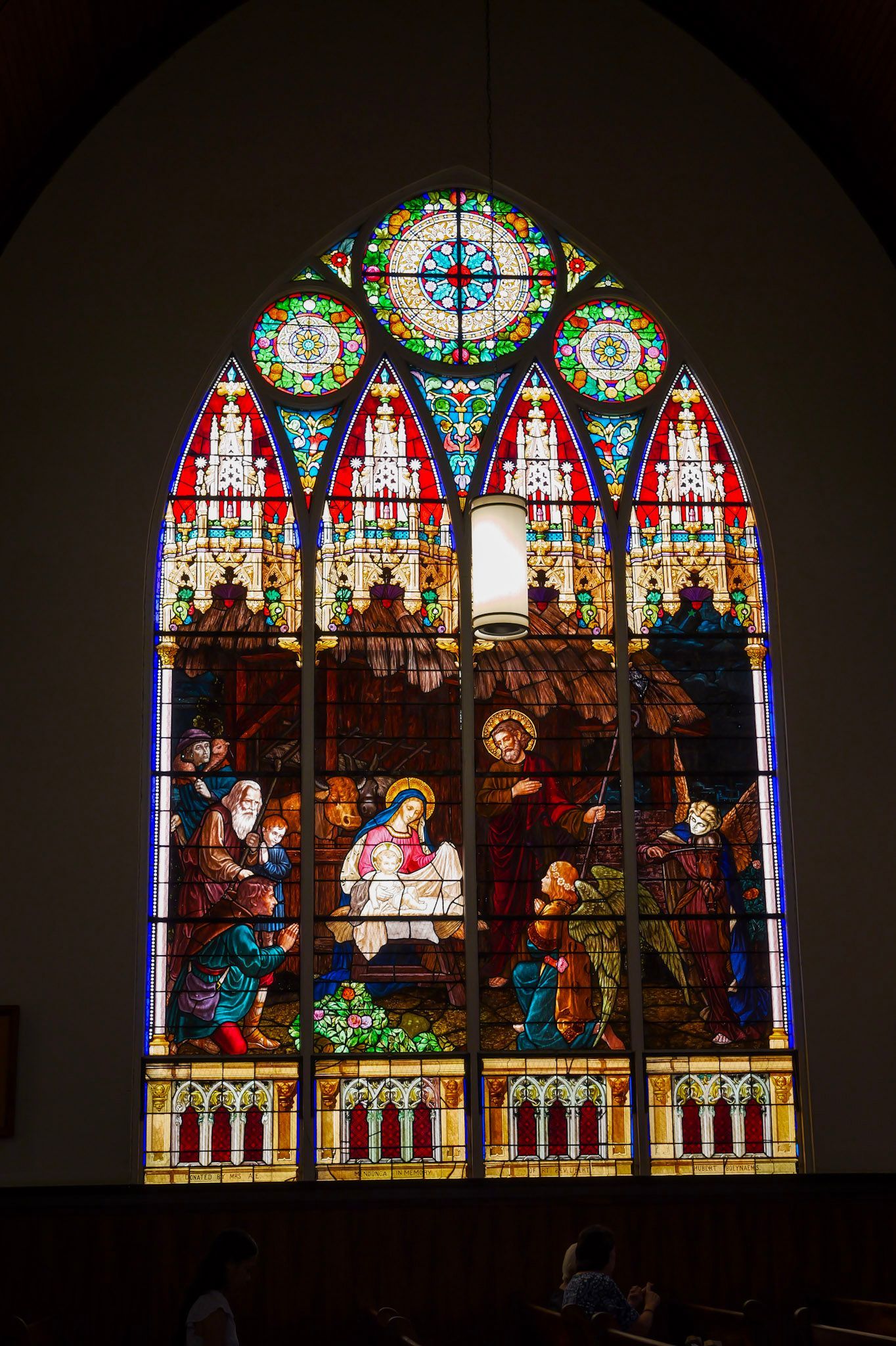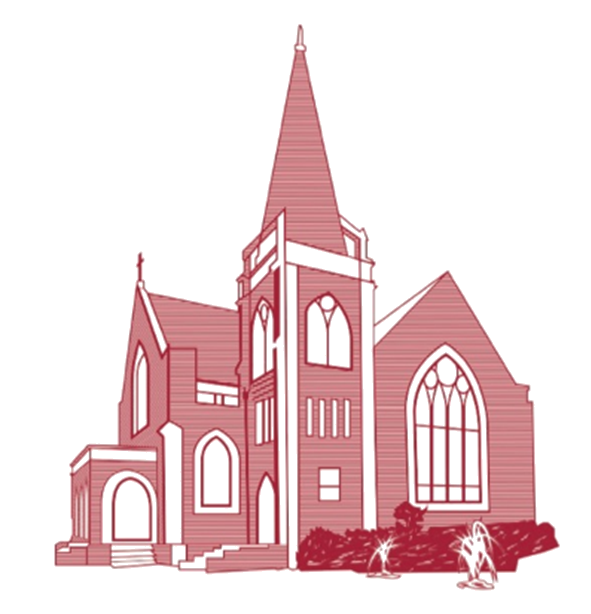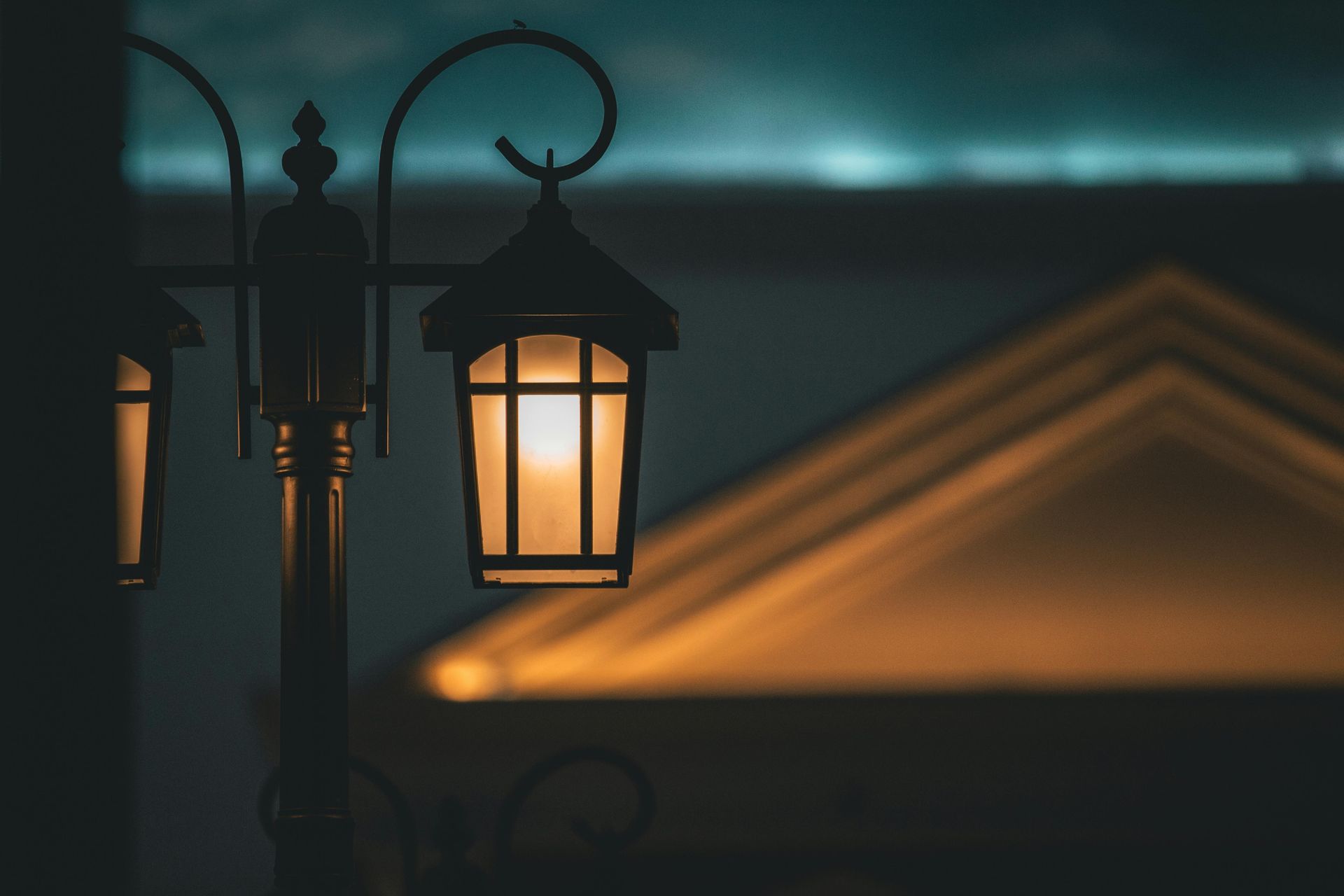
From the Pastor's Desk
Aloha mai kākou!
This space is meant to be a simple way for me, as pastor, to share announcements, reflections, and messages with you — our parishioners, school families, and the wider community. My hope is that what you read here helps you stay connected, encouraged, and grounded in the love of Christ and the Sacred Heart.
Thank you for walking this journey of faith with us.
Yours in Christ,
Fr. Eseese "Ace" Tui
Pastor
Latest Blog Entries:












